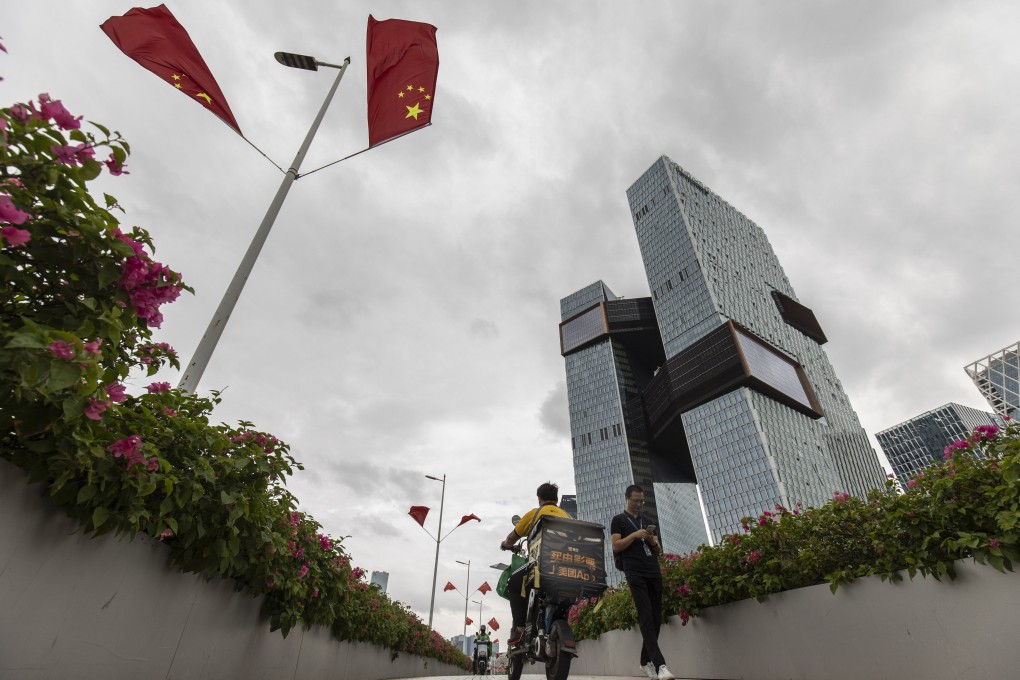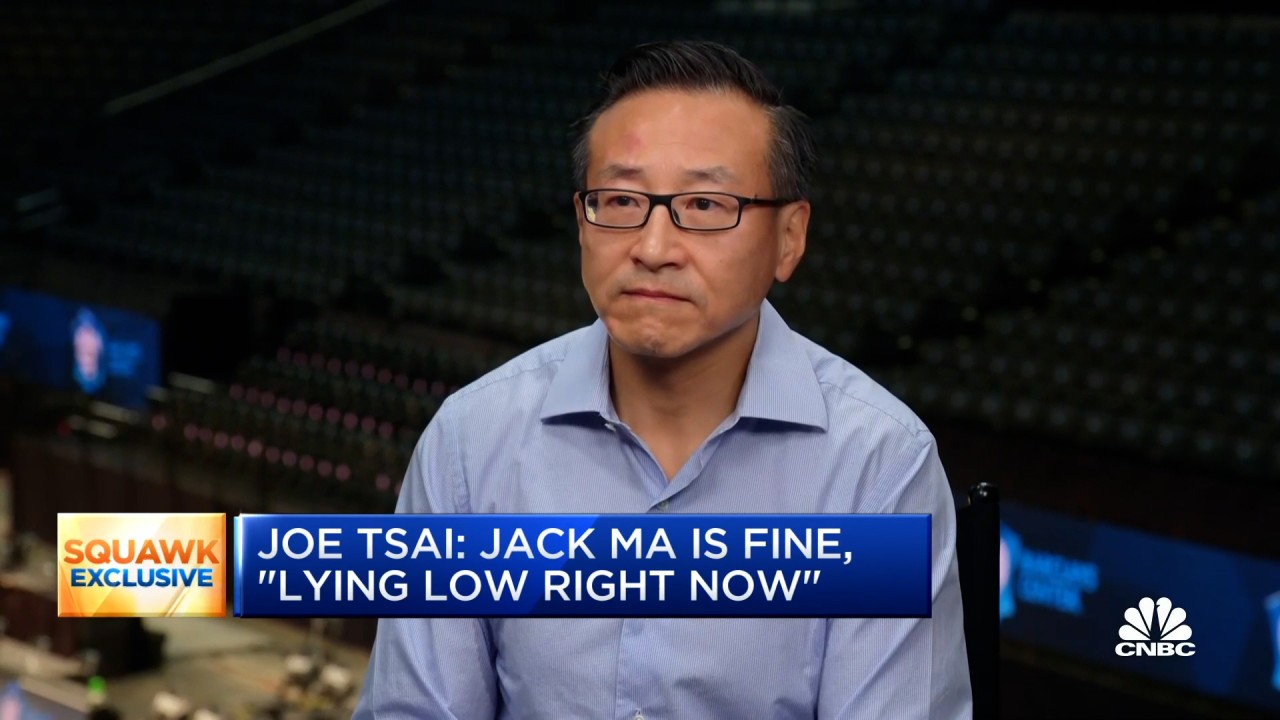Advertisement
Macroscope | As US tech bubble grows, China’s crackdown looks less like madness and more like method
- Seen against the tech tycoon worship in the West steering market capital into glitzy stocks instead of real economy needs, creating a ‘cult of the equity’, Beijing’s crackdown looks more pragmatic than ideological
Reading Time:4 minutes
Why you can trust SCMP
18

The Chinese used to be described by Westerners as “inscrutable” and it is certainly not easy to discern Beijing’s real motives in cracking down on the activities of high-flying tech entrepreneurs at home and overseas. But it is possible to detect pragmatism rather than ideology behind its recent actions.
Advertisement
Consider the impact that the apotheosis of tech entrepreneurs has had on Western financial markets and economies where capital tends nowadays to flow very largely into areas dictated by fashion and which can create dangerous vulnerabilities instead of supporting “real economy” needs.
This is illustrated clearly by the example that just five tech stocks account for no less than 20 per cent of the entire capitalisation of the benchmark S&P 500 stock index on Wall Street where they are worth more than a combined US$7 trillion.
These are the famous five, also known as FAANG – an acronym that refers to the stocks of the most prominent American technology companies: Meta (FB) (formerly known as Facebook), Amazon (AMZN), Apple (AAPL), Netflix (NFLX) and Alphabet (GOOG) (formerly known as Google).
The heads of some of these and other shooting-star companies such as Mark Zuckerberg (Facebook), Jeff Bezos (Amazon) and Larry Ellison (Oracle), to name but three, are feted and worshipped while Chinese counterparts like Jack Ma (retired founder of Alibaba Group Holding, which owns the South China Morning Post) or Cheng Wei (Didi Chuxing) are being cut down to size.
As Bruce Liu, CEO of New York-based investment management company Esoterica Capital, said in a recent interview with CNBC, “China is taking a top-down approach, vs in a Western style, bottom-up approach to support national goals”. Investors who align with these goals will not lose out in China, he added.

Advertisement

